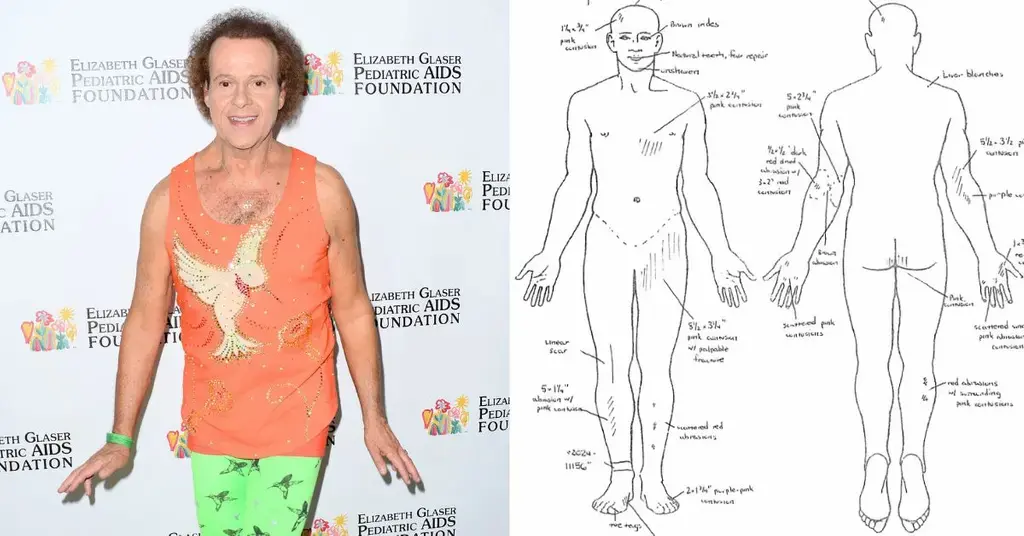British Columbia is adopting more sustainable practices for location shooting

Sustainable sets are more than a trend, and British Columbia is a pioneer. Beverley Dondale, CEO of Alpha Select Production Services, is leading a $242 million studio project in partnership with the Malahat Nation. The initiative aims to create a carbon-neutral, zero-waste manufacturing facility on Vancouver Island. With a phased construction approach, the studio will integrate renewable energy, waste management and sustainable practices, with 51% ownership by the Malahat Nation.
The planned facility includes a 10-acre backlot, two production offices, a workshop, warehouse and a double soundstage. Given the lack of waste management options on the island, Dondale partnered with a construction company to help carry out the deconstruction in a way that saves the materials and returns the recovered resources to local nonprofits. She also works with groups to donate unused food and materials to the community.
“We have composting and recycling capabilities,” Dondale explains, emphasizing the need to make sustainability easy for production teams. She has worked with companies that offer tax vouchers for donations, making it financially viable for productions to participate.
Dondale is confident that productions will come if she builds it.
In Vancouver, major studios are also pursuing sustainability goals. Shannon Bart, senior manager of sustainability and productions at Netflix, notes that industry studies show that fuel is the largest source of emissions on set, with about 70% coming from vehicles and 30% from diesel generators. Since 2020, Netflix has implemented a sustainability roadmap to 2030, focusing on energy efficiency, vehicle electrification, clean mobile energy and renewable energy sources. “So we’re really focusing on those areas in terms of reducing fossil fuel use and transitioning to cleaner energy sources,” she says.
So not only are these cleaner options better for the communities used for production, they also give filmmakers a lot of creative freedom and production flexibility.
For example, “Virgin River,” which was shot in BC, allowed production to use small, mobile batteries instead of generators. This means they could access film from locations such as a boat or large suspension bridges where this would otherwise be impossible, Bart explains. “You get access to those beautiful photos,” she says.
In June 2023, Netflix, in partnership with Disney, had co-launched the Clean Mobile Power Initiative, which aims to find, pilot, pilot and scale cost-competitive zero-emission solutions to accelerate the industry’s transition away from diesel generators.
“When it comes to sustainability in manufacturing, we focus on developing long-term solutions that can be easily replicated and executed around the world,” said Yalmaz Siddiqui, VP, environmental sustainability, Walt Disney Co. “We also recognize that Every production is different and that’s why we strive to engage the local community in unique ways to reduce emissions, waste and impact
from materials.”
Despite the downturn following the SAG-AFTRA and WGA strikes, with fewer shows getting the green light, “even with the market fluctuations, the bonds and reputation that BC possesses are extremely strong and that made for a resilient year in 2023,” says BC film commissioner Marnie Gee.
During the 2023 strikes, Gee says BC saw an increase in Canadian production and early estimates showed domestic activity only fell 9%. In April, Creative BC and the Province of British Columbia announced they would invest $15.9 million over three years to support domestic productions.
“Right now, we are focusing on workforce development, environmental sustainability resources and industry training, which will be supported by the province’s historic investments,”
says Gee.
Creative BC expects an additional 1.04 million square feet of production space to become available by 2025 across 50 new stages.
Meanwhile, on Vancouver Island, Film Commissioner Kathleen Gilbert has seen an increase in requests over the past month. “It feels like we’re on the road to full recovery,” she says, noting that they’ve had 16 shows so far through August of this year, with three more set to begin in September.




